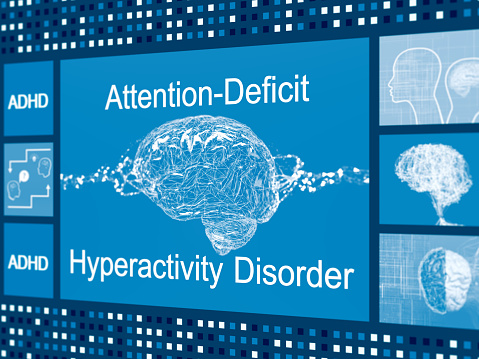Unlocking the Secrets: 10 Do’s and Don’ts for Your Child’s Nutritional Diet

A balanced nutrition diet is crucial to your child’s overall health, growth, and development. A balance nutrition diet generally refers to a meal plan that includes multiple healthy food items in an appropriate portion that provides essential nutrients for the body’s growth and overall well-being. As parents, it is vital to provide your child with nutrition-rich food, which can help to promote their health and lifestyle. Here are some crucial tips on diet and nutrition to help you unlock the secrets of your child’s nutritional diet.
Do’s for your child’s balance nutrition diet
1. Do emphasize more on diet and nutrition
A nutritious diet is vital for a child’s overall growth. The diet should include various nutrition-rich food items, such as fruits, vegetables, lean proteins, whole grains, etc. This will help your child to receive a range of essential nutrients and keep them healthy.
2. Do promote regular meals and snacks
Establishing regular meal and snack times helps your child to maintain a consistent eating pattern. Provide them with three main meals, I.e., breakfast, lunch, and dinner, and two to three nutritious snacks anytime throughout the day.
3. Do Promote Hydration
Staying hydrated is vital for every human being as water helps to maintain proper bodily functions and keeps you energized. Encourage your child to drink water throughout the day and limit their intake of sugar-rich beverages like soda and fruit juices, as these beverages can contribute to excessive calorie intake.
4. Do Involve Your Child in Meal Planning and Preparation
Involving and engaging your child in a diet nutrition plan and preparation can increase their interest in healthy eating habits. Take them for grocery shopping and let them choose fruits, vegetables, and other nutritious food items. Encourage them to get involved in simple cooking tasks to make mealtimes more fun and educate them about healthy food.
5. Do Practice Portion Control
Educate your child about appropriate portion sizes to prevent overeating. Use visual aids such as comparing food portions to everyday objects, like a deck of cards or a tennis ball. Encourage them to listen to their body’s hunger and fullness cues, promoting a healthy relationship with food.
Don’ts for your child’s diet and nutrition
6. Don’t Rely on Heavily Processed Food Items
Processed food items lack essential nutrients. These food items are typically high in unhealthy fats, added sugars, and sodium, which are unsuitable for your child’s well-being. Limit your child’s consumption of processed snacks, sugary drinks, and fast food. Instead, encourage whole foods that are fresh and minimally processed to provide them with the best nutrition.
7. Don’t Let Your Child Skip Breakfast
Breakfast is considered the most important meal of the day. It provides the necessary energy to start your child’s day and enhances their concentration and learning abilities. Always offer healthy foods for breakfast, like whole-grain cereals, fruits, yogurt, or eggs, to ensure a nutritious start to their day.
8. Don’t Overlook the Importance of Protein
Protein plays a vital role in an individual’s health. Include sources of protein such as chicken, fish, eggs, beans, and nuts in your child’s diet nutrition plan. These foods provide essential amino acids that are very important for building and repairing tissues.
9. Don’t Use Food as a Reward or Punishment
Using food as a punishment or reward can create an unhealthy relationship with eating for your child. Avoid using food as an incentive for good behavior or as a punishment for misbehavior.
10. Don’t Neglect Regular Physical Activity
Regular physical activity can significantly complement a balanced nutrition diet. Encourage your child to engage in exercises or sports activities for at least one hour daily. Physical activity supports healthy growth, improves mood, and reduces the risk of chronic diseases.
Conclusion:
In conclusion, prioritizing your child’s nutrition is crucial and a lifelong commitment. Gethealthcaretips is an invaluable resource to support this journey. By staying informed, implementing our recommended tips, and seeking guidance from us, you can unlock the secrets to providing your child with a healthy and balanced nutrition diet.
At GetHealthcareTips, we offer a wealth of information and resources to help you make informed choices for your child’s diet nutrition plan. We believe small changes in your child’s diet and lifestyle can significantly impact your child’s overall health and well-being and hence, we provide effective tips on diet and nutrition. If you have any questions about managing picky eating habits or fostering healthy eating behaviors in your child, and you want to know everything about a balance nutrition diet, Gethealthcaretips offers comprehensive guidance and tips on diet and nutrition. Visit our website to learn more.



